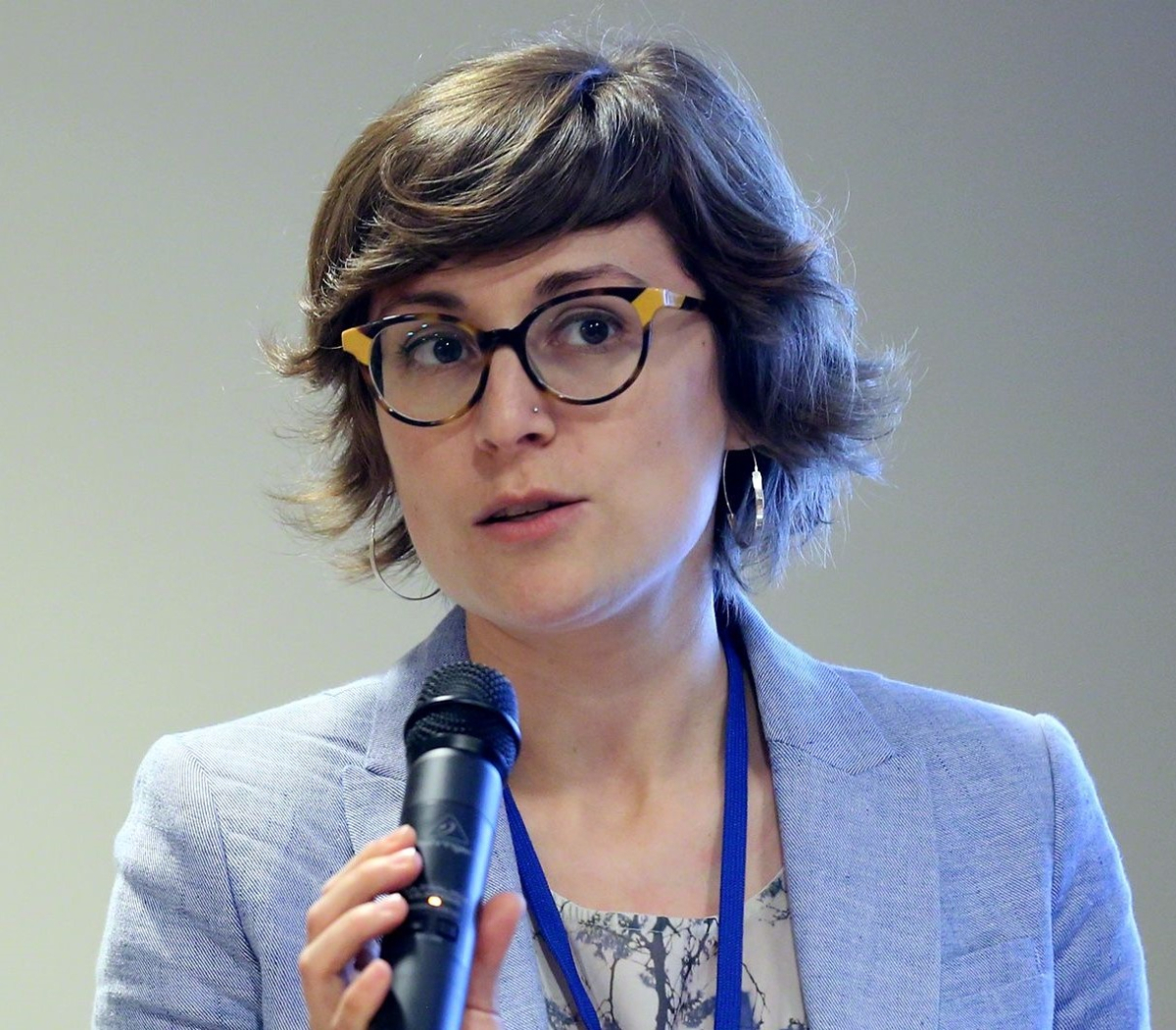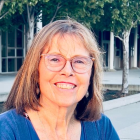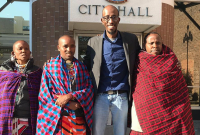Support strong Canadian climate journalism for 2025
As part of a series highlighting the work of young people in addressing the climate crisis, writer Patricia Lane interviews sustainable development researcher Vanessa Corkal.
The 1990s were personally tough for me. I spent the decade immersed in action based on climate catastrophe science, trying, and by all accounts failing, to stem the tide. Hardest of all, death and dementia came to my family.
As my awareness deepened about the growing divide between young and old and rich and poor, grief had become a pretty constant companion. I could choose to go further into the abyss of fear and loss or choose the only thing stronger: love. To choose love is to hope. But I had forgotten how. So I made a resolution — one that could last a year or even a decade if need be. I chose to study hope.
Part of my journey is to seek out promising young people who are contending in evidence-based and impactful ways with the climate crisis and engage them in conversations about hope. I am grateful for Canada’s National Observer’s commitment to solutions journalism, which provides these determined, joyful and, yes, hopeful young people a voice.
Sustainable development researcher Vanessa Corkal is not afraid to ask the big questions. Could the $830 million a year B.C. subsidizes fossil fuel companies with be better spent? Is Alberta’s decision to double down on its oil investments wise? Can we tie recovery stimulus spending to a more equal and healthier recovery?
The answers to these questions are important, and Corkal's research at the International Institute for Sustainable Development equips Canadians to discern whether governments are spending our money wisely. The 32-year-old's Green Strings report contributed to the research base for a Just and Green Recovery movement. Her Locked In and Losing Out report is part of the evidence base for a campaign to pressure B.C.’s government to stop subsidizing fossil fuels.

Can you tell us your goals?
The fossil fuel industry has created jobs and infrastructure in communities but is not poised to keep doing so. In Green Strings, I lay out a pathway to a future that includes bold climate action without leaving workers or communities behind. In Locked In and Losing Out, I point out that B.C.'s potential growth as a clean economy and jobs powerhouse is being stunted as a result of its fossil fuel subsidies. It's important to show the complexity of these issues while at the same time presenting solutions that answer people’s concerns.
Why is providing information like this so important to you?
My mother is a first-generation Chilean immigrant who knew what it was to live under Pinochet. The regime cast a huge and lasting shadow. My elders talk about living with the fear of being disappeared or killed if you spoke out. Even now, 40 years later, some people are afraid to participate in protests over inequality. The right and opportunity to speak up against the status quo and express opinions about climate justice is precious to me.
What got you started on your current path?
A Grade 11 outdoor experiential program in my hometown of Saskatoon allowed me to approach problems with others from diverse backgrounds using an integrated curriculum with literature and social sciences combined with ecology and natural sciences. We read ecological literature and met community members while learning how to live in nature. This contributed a lot to my instinct to look for integrated solutions.

It seems an integrated and holistic approach is a focus for you. How does this affect your work now?
At the International Institute for Sustainable Development, I am trying to make fossil fuel subsidies transparent to better inform government decisions. I am learning that while policy-makers appreciate accurate information, we also need to think about what citizens care about and how to frame our research and our messages to answer their concerns. For example, people care about their own health and the health of others, made even clearer by COVID-19. Organizations like the Canadian Association of Physicians for the Environment are showing we can integrate what we learn about climate change with the concerns people have about caring for health and human life.
What keeps you awake at night?
Not everyone understands how dire the climate situation is and how rapidly we must shift. People experience the gaps in social and economic equity differently and the stakes of failing on climate are not always apparent. I hope to provide stepping stones to help people connect the dots.
What gives you hope?
We do have the power to effect real change. Earlier in my career, I watched the start of a small, garden project at an elementary school. It grew into a significant community-networking and problem-solving hub and an important food and skill exchange. It started pretty small but now, eight years later, it’s an amazing place for sharing and swapping and gathering. That all started from one person taking a small amount of initiative.
I am also hopeful because there are many good people in government who want to do the right thing and it is impossible to be completely pessimistic once you have any appreciation for the magnitude — the breadth and depth — of the efforts in civil society.
How can older people support you and others like you?
Yield space and listen. Youth and BIPOC people need to be part of the decision-making. Spend some of your time supporting the work for a habitable and equitable planet.
What advice do you have for young people?
Just put one foot in front of the other. Don’t worry about figuring it all out right this moment. See life as a journey to find out what you care about. Once you know what that is, try to work in that area or at least be in that space in some way outside of work. You can always switch things around. Just start.






Comments